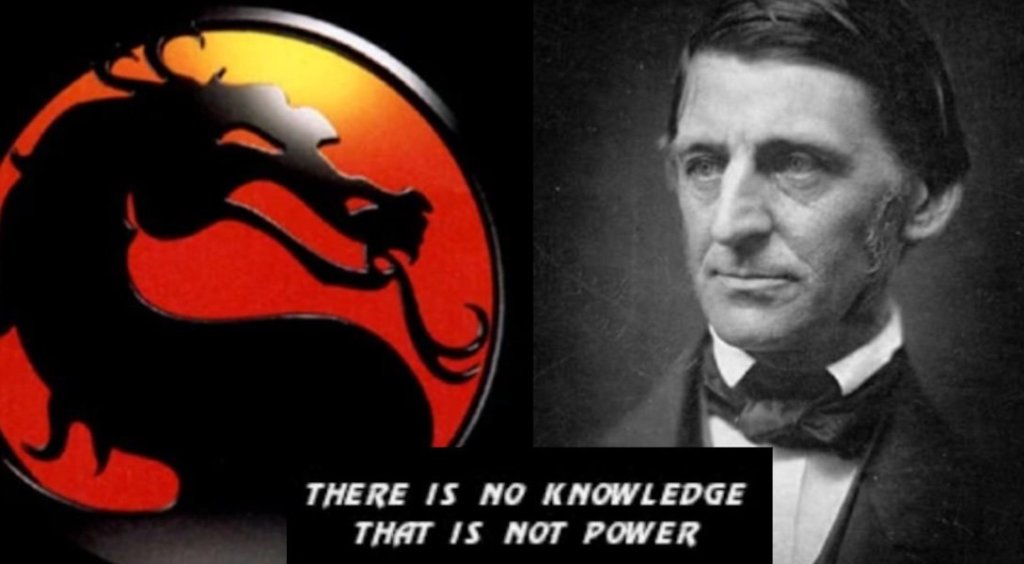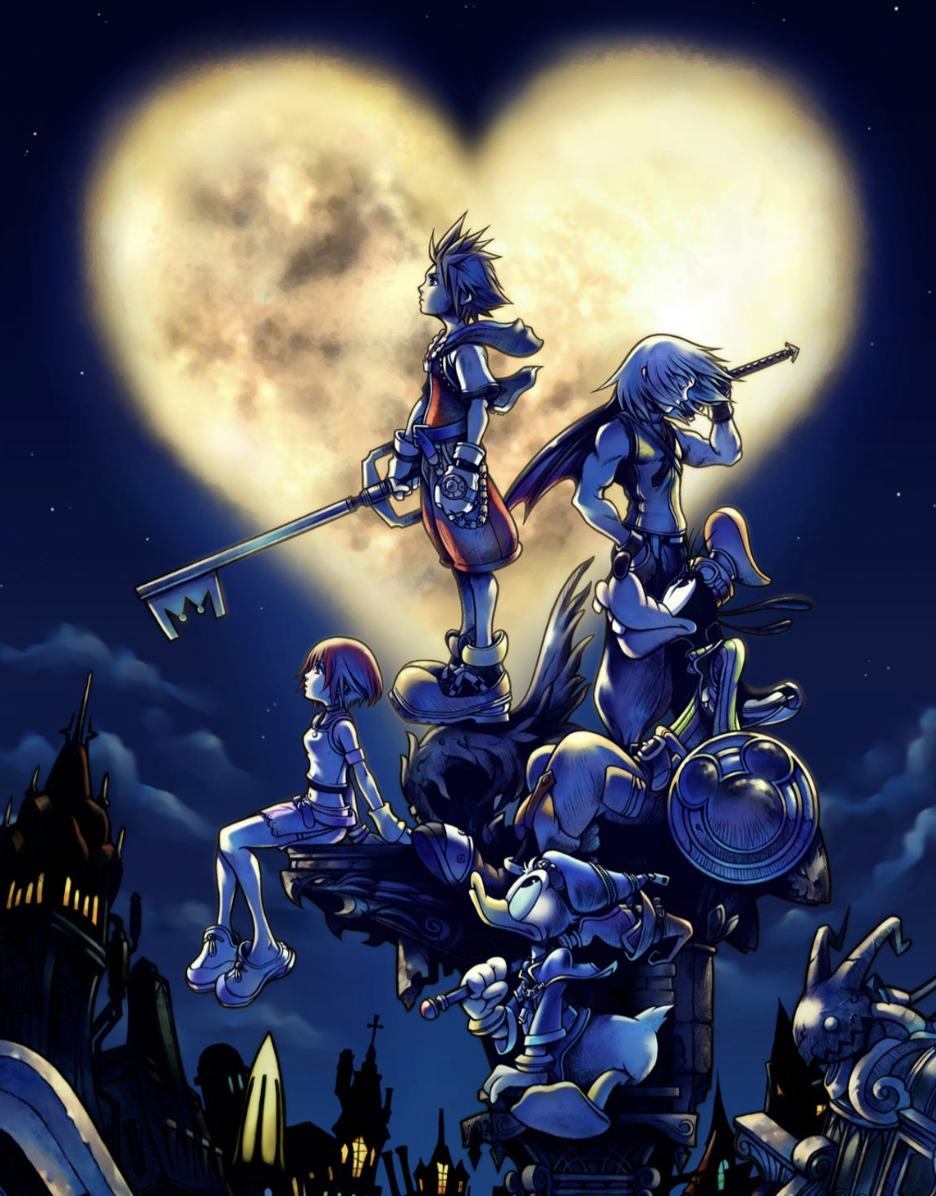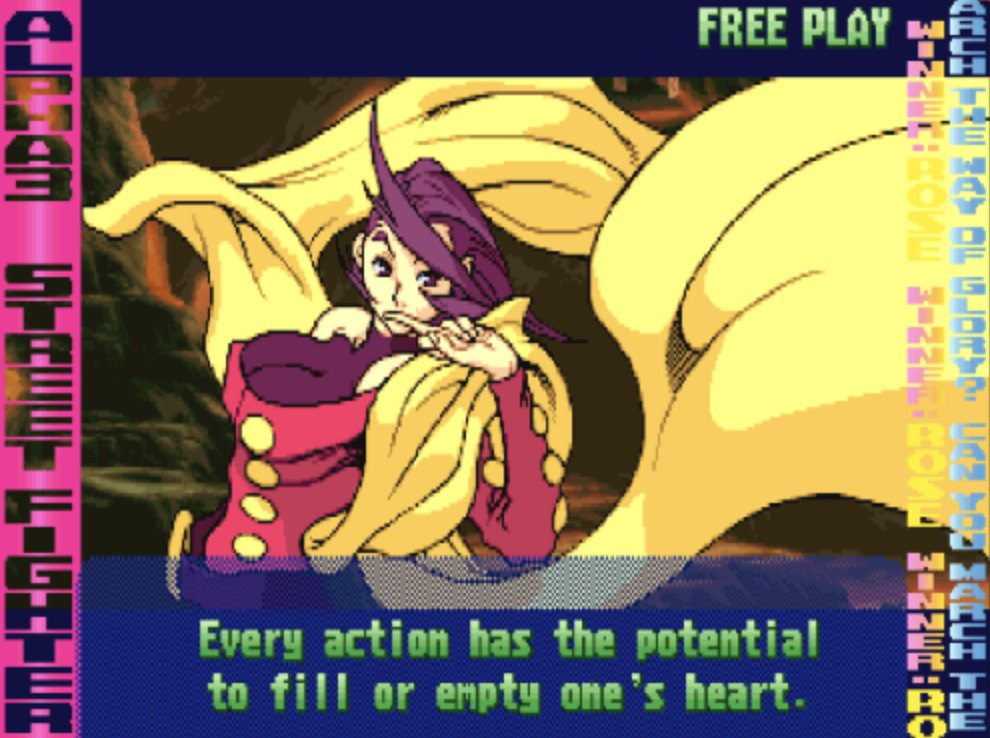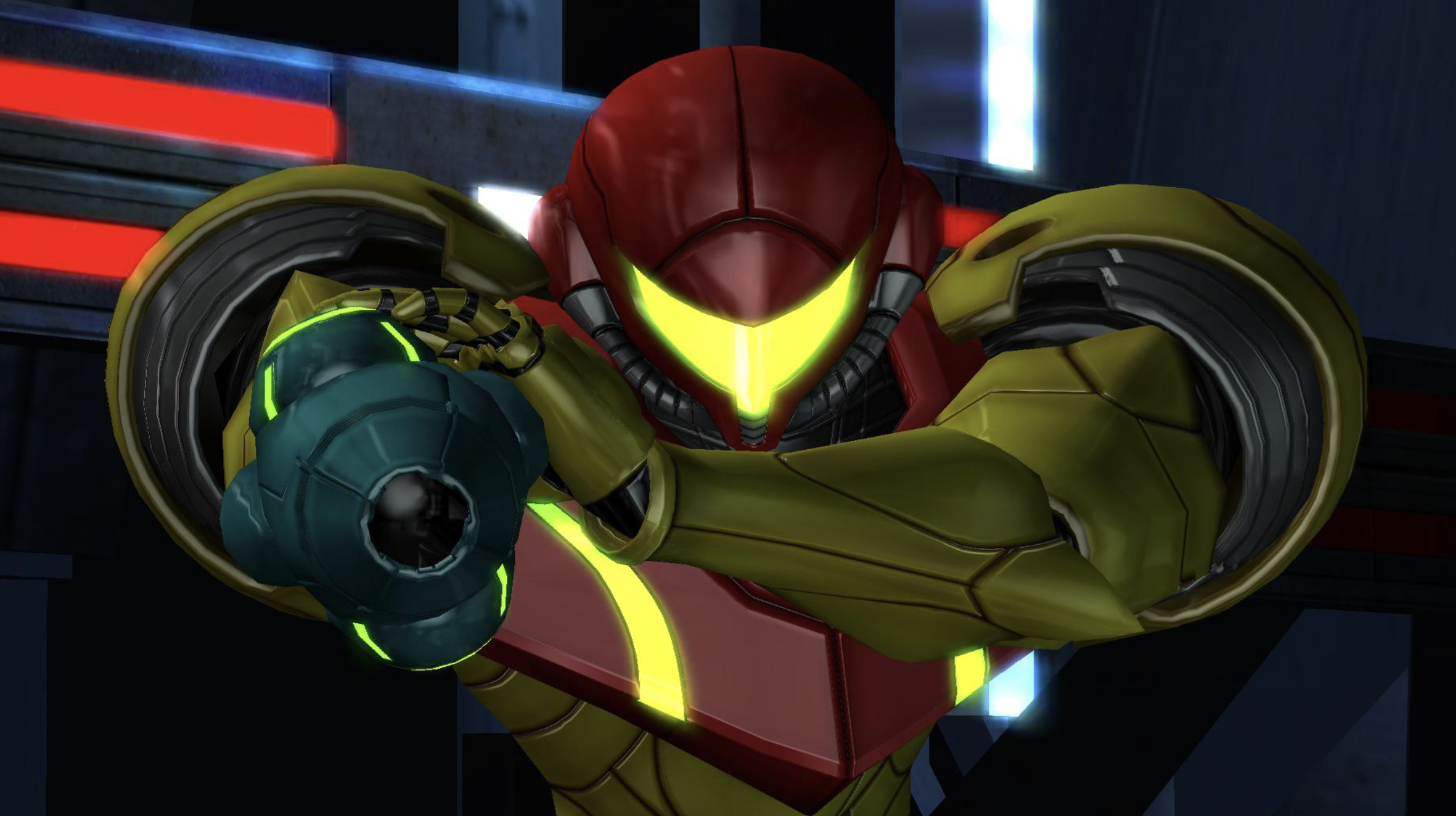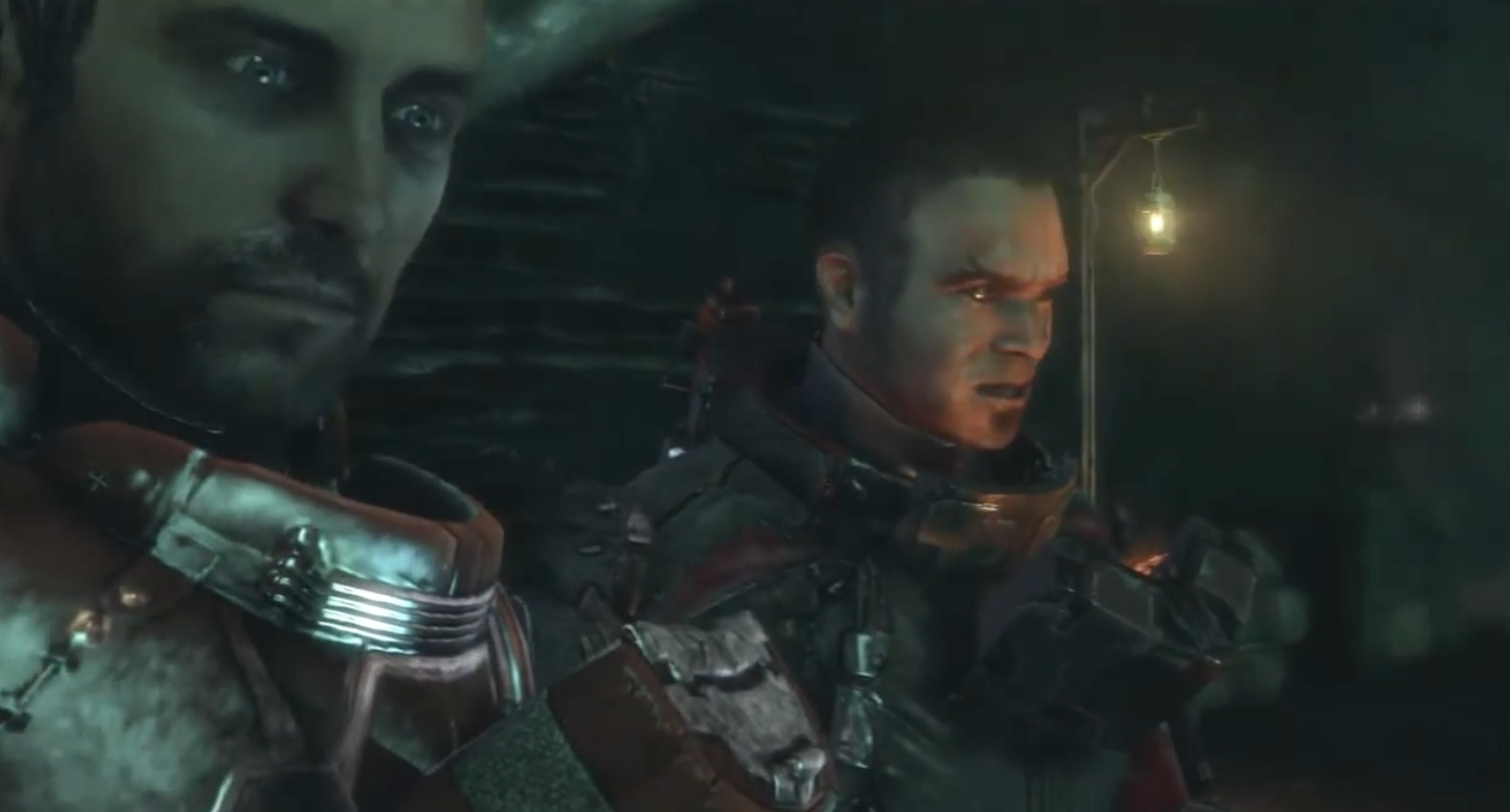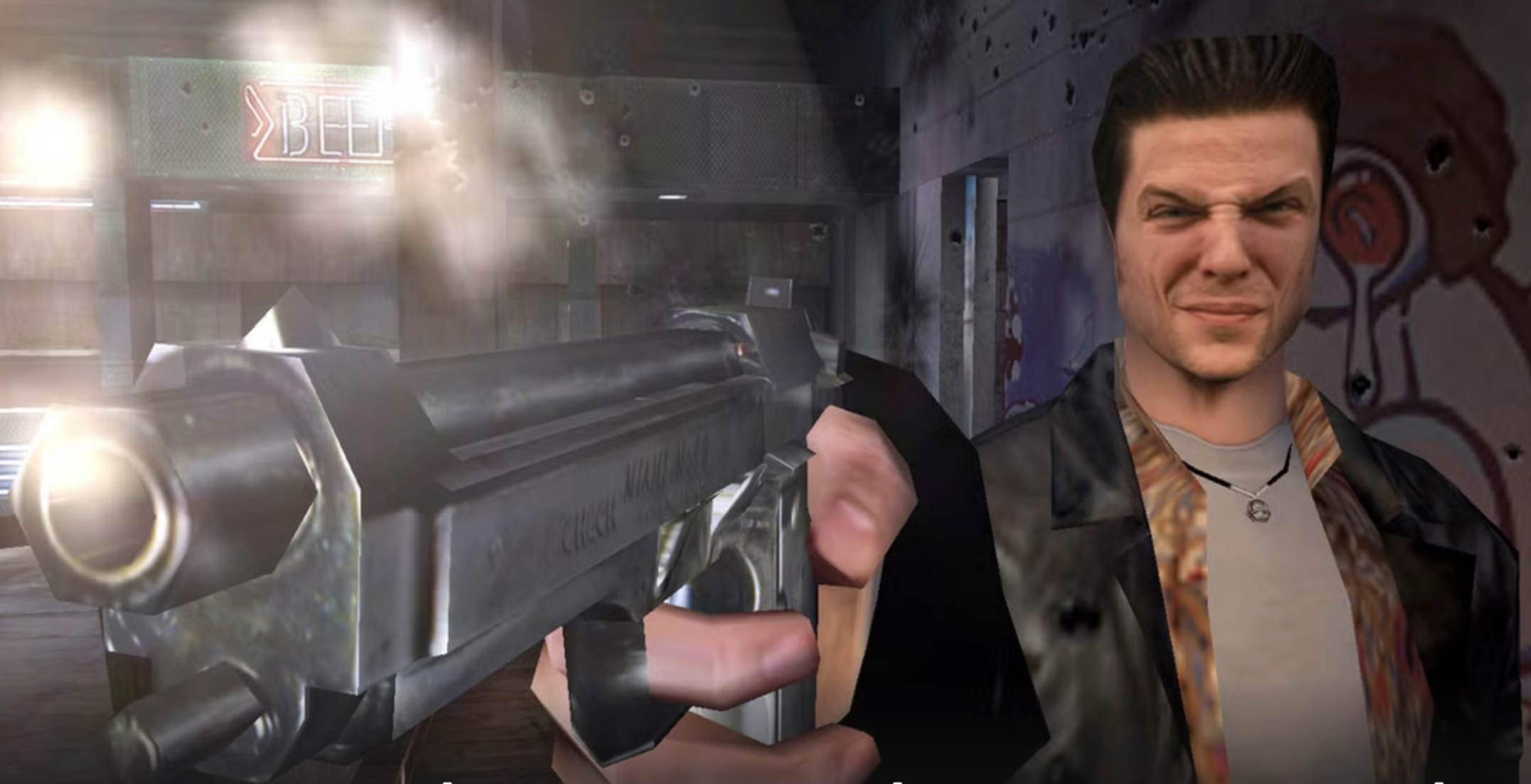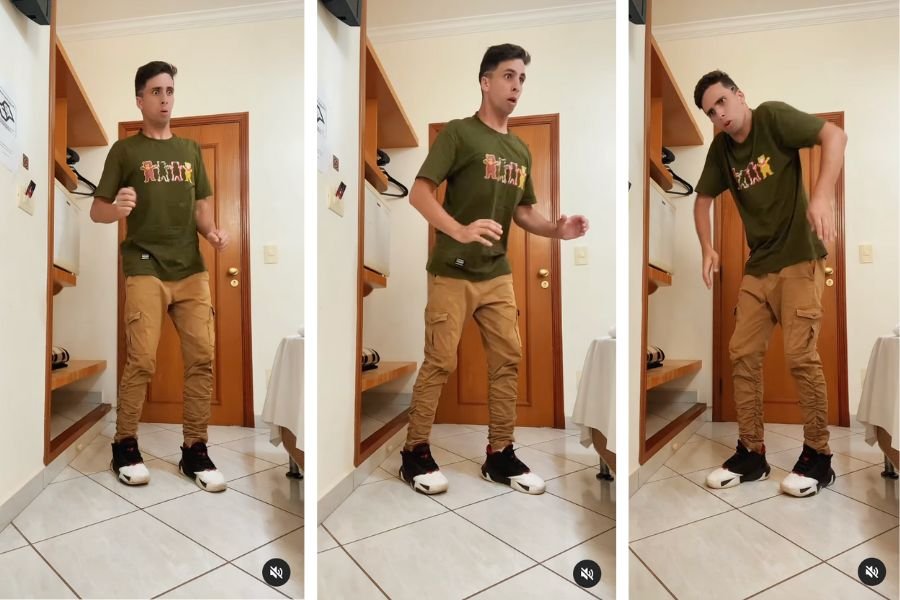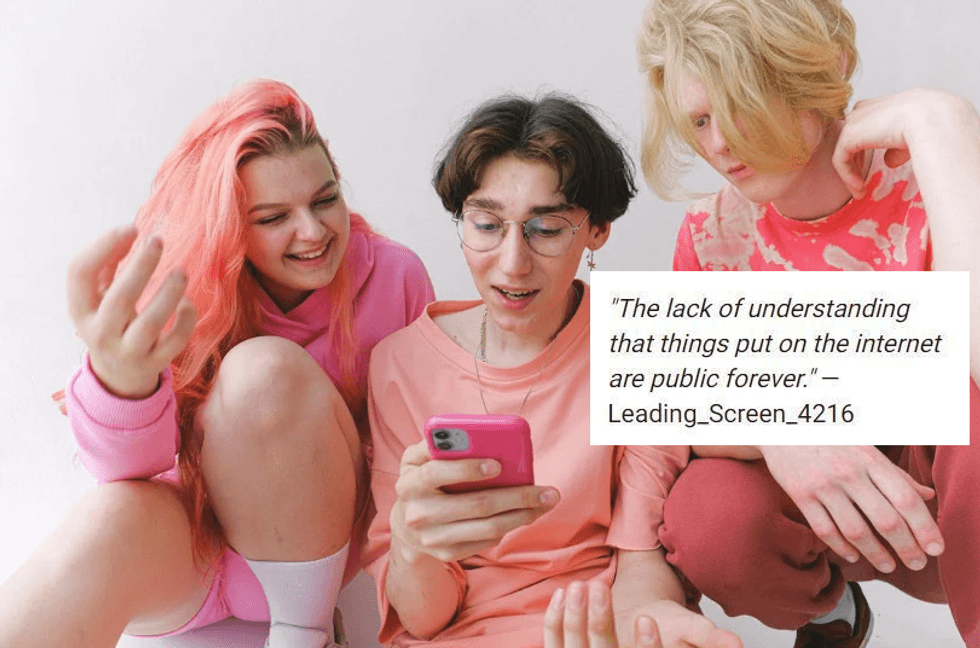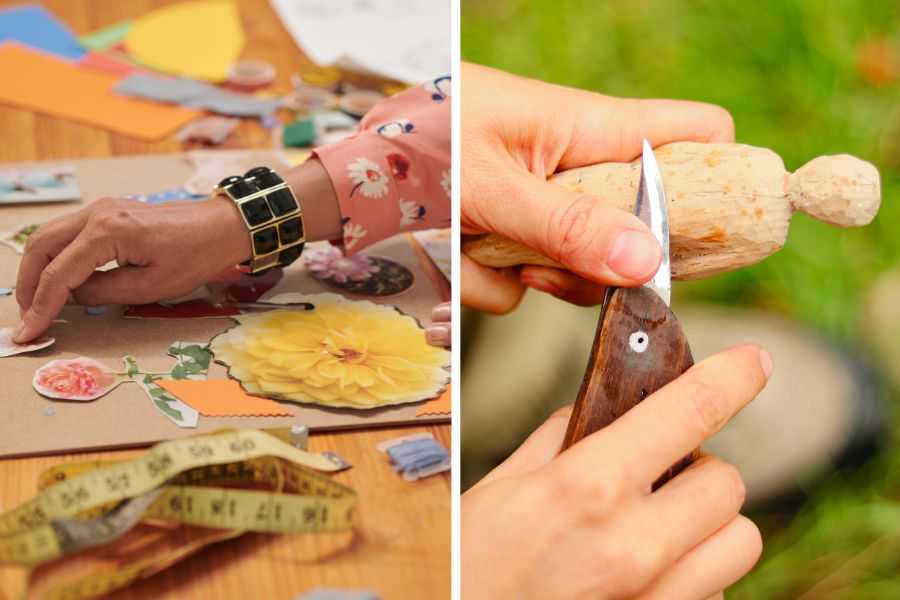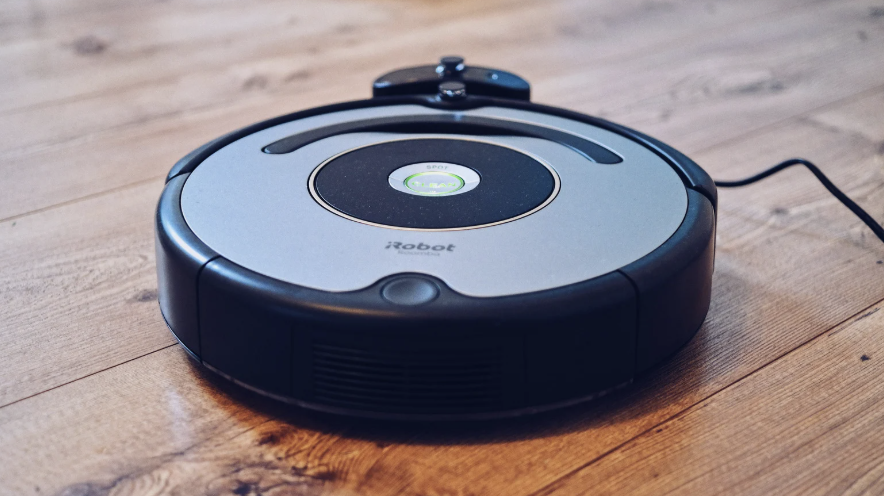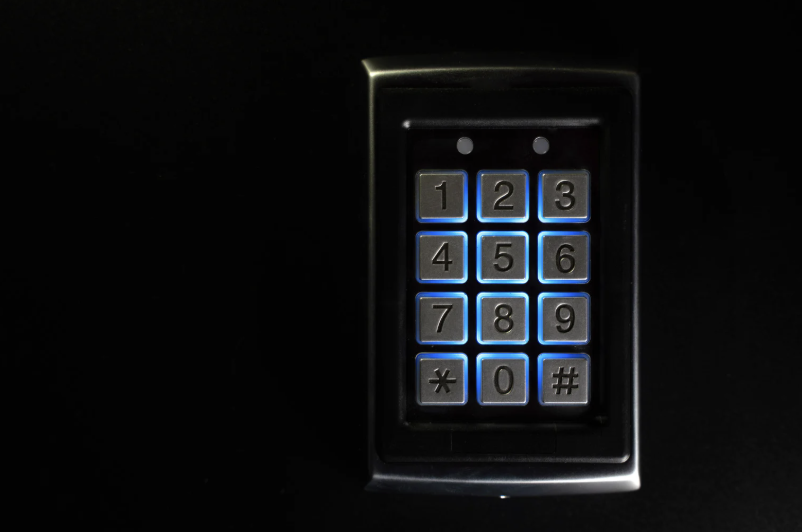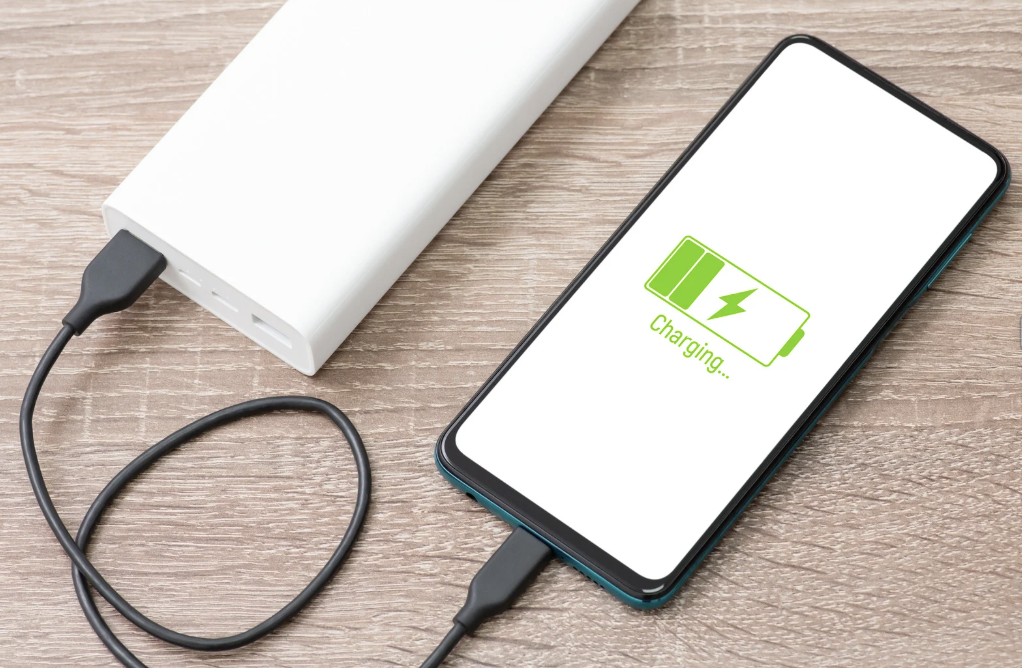If you’re a gamer of a certain age, you may have read the following line from Mortal Kombat 3 video game: “There is no knowledge that is not power.”
That quote has been associated with the Mortal Kombat franchise for decades, from being the title of a song by a video game music cover band The Plasmas to the name of an in-game achievement in the recent Mortal Kombat 1 game. While some gamers might be quick to credit Mortal Kombat co-creator Ed Boon with the quote, it actually originated from transcendentalist writer Ralph Waldo Emerson from his book Society and Solitude. Regardless of the quote’s actual origin, the video game’s appropriation of it has inspired discussion in online forums, Reddit, and various blogs.
It’s a good bit of wisdom, too. Aside from the obvious bits of knowledge that could get you a better position in life or an easier time accomplishing a task, even the most random bit of trivia can help you win a game or a bet amongst friends. It makes one wonder if there are other quotes from popular video games that could offer some greater insight into life. There’s even a Reddit thread about that.
Here are five other quotes from video games that provide good insight or life advice.
“The closer you get to the Light… the greater your shadow becomes.” – Kingdom Hearts, written by Jun Akiyama, Daisuke Watanabe, and Kazushige Nojima
Aside from just being a description about how light works, it’s also a commentary on how greater good tends to face greater odds and opposition. It can also be interpreted about how the closer you are to self-realization, the more of yourself you might not like. Either way, it’s pretty deep to include such rhetoric in a game in which Donald Duck is a mage.
“Every action has the potential to fill or empty one’s heart.” – Rose, Street Fighter Alpha 3, developed by Capcom
This quote reminds those playing a fighting game that actions have consequences, whether they’re good, bad, or somehow both. Sometimes there are options that boost another person like giving them ice cream. Taking someone’s ice cream brings them down. Taking someone’s ice cream and giving it to someone else does both. So it’s best to weigh in on your action’s potential before you make a move. It all depends on your skill. GO FOR BROKE!
“My past is not a memory. It’s a force at my back. It pushes and steers. I may not always like where it leads me, but like any story, the past needs resolution. What’s past is prologue.” – Samus Aran, Metroid: The Other M, written by Yoshio Sakamoto
This quote gives credence to acknowledging your past, mistakes and all, without letting it hinder your future and the possibility of what you’ll become. Maybe you’ve done all the right moves in the past and you stay the course to what you want to accomplish. Maybe you made a big mistake but you can learn from it, then course correct to your desired goal. And even if you reach that goal, that’s not the end, it’s onto the next thing. Because that goal is a part of your past now, a moment’s finish but the next moment’s prologue.
“Good men mean well. We just don’t always end up doing well” -Issac Clarke, Dead Space, written by Warren Ellis, Rick Remender, and Antony Johnston
A similar quote would be oft-quoted “The road to Hell is paved with good intentions” but this Dead Space quote has another meaning to it. It’s not just a warning that good men might allow or enact heinous things in the name of the “greater good” but also a warning for those that end up doing an actual greater good. Many good people end up dying so others may live or suffer themselves so others don’t have to suffer. Even those who survive after doing some good don’t end up unscathed. A person who fought in a just war may have lost a limb. A person who saved others in a burning building could have suffered burns themselves. Even something as small as helping your child when they’re sick could cause you to catch their bug. Doing good doesn’t mean you end up “well” in the end.
“Dreams have a nasty habit of going bad when you’re not looking.” – Max Payne, Max Payne, written by Sam Lake
A shoot-em-up like Max Payne isn’t usually this philosophical but Max has a point here. While we’re encouraged to follow our dreams, it’s best to not just focus on the dream itself but the “why” and the actions around it. You have to ask yourself if the dream you’re pursuing is negatively impacting you, your loved ones, or innocents to ensure you’re not damaging them or to make sure you can live with the consequences of your dream. A responsible dream pursuer knows when to course-correct when a dream is turning bad or when to let a dream go entirely so as not to sacrifice anything worth keeping.
What other wisdom can be found in the games we play? It’s best to enjoy them and share them with others, both the knowledge and the games themselves, too.

